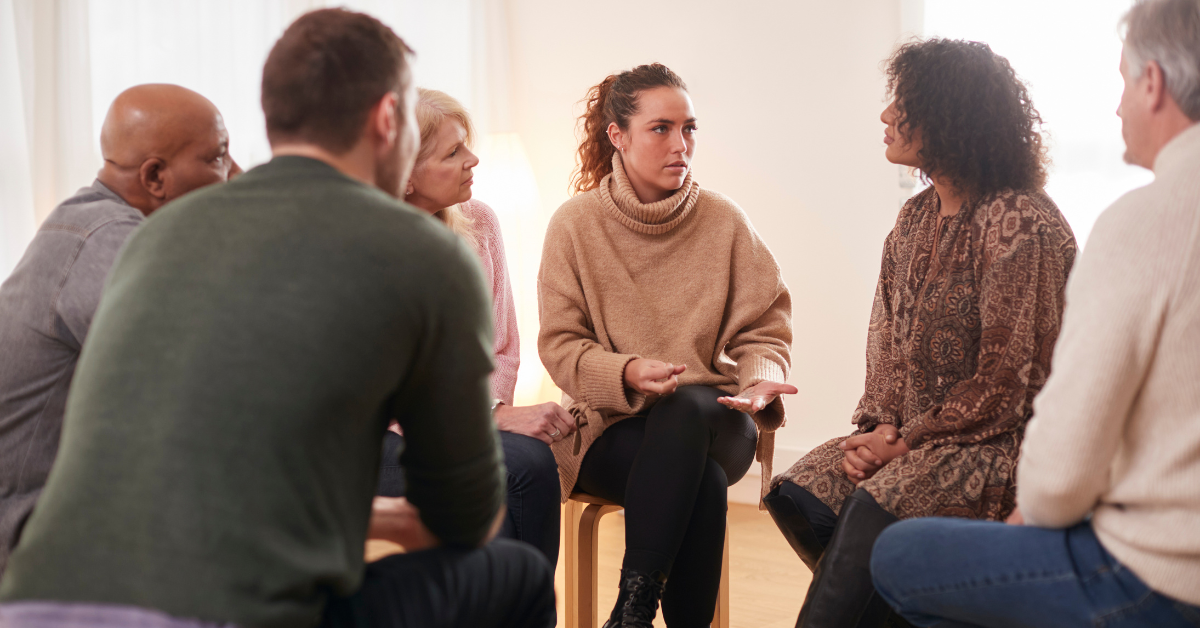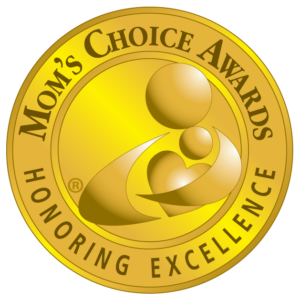
Published on:
I was recently invited to speak at a caregiver support group meeting where I talked about the Pattern of Caregiver Development. I love speaking with caregiver support groups, and I was doing my best to deliver a relatable, meaningful, and memorable presentation. From what I could tell, it seemed like the message was connecting with the caregivers who were in attendance.
However, as our time was drawing to a close, a man who had been very attentive abruptly got up and walked out. I did not see him again until after we had finished our Q & A session, when he re-entered the room. He walked straight up to me, and with tears in his eyes, pointed to his heart and told me how the presentation “hit close to home.” He proceeded to tell me about his life-altering personal experience as the caregiver for his wife who has dementia.
My heart ached for the man as he recounted his wife’s diagnosis at a young age, the progression of her disease, his concerns about her safety and his inability to continue to do it all, and the recent decision to move his wife to a care facility. He said he continues to come to his caregiver support group, even though he’s no longer the full-time caregiver for his wife, because it helps him. He tearfully explained that the presentation “hit close to home” because it allowed him to better understand himself, and his wife, and the nature of the adversity they have faced together.
As he shared his story, I perceived that the presentation and the brief time I spent individually with him offered him a sense of affirmation and comfort. I hope the man also felt the genuine compassion I had for him. Days later, I’m still thinking about him, and I’m even writing about him.
I can honestly say that caregivers affect me as much as I affect them whenever I visit a caregiver support group. The relationship between caregivers and a “caregiving expert” can be symbiotic, which is not unlike the relationship between a caregiver and care receiver.
From what I’ve observed, there are at least three powerful ways that a speaker makes a difference during caregiver support group visits:
- Validation. Caregiver support speakers are uniquely equipped to provide the validation that family caregivers sorely need. When you’re doing your best, and you’re suffering, and you’re questioning yourself, it can genuinely help if an “expert” legitimizes your efforts.
- Knowledge. Caregiver support group speakers learn from all the caregivers they meet, and in turn, they share that knowledge with others. At the same time, they don’t presume to have all the answers: they also serve as knowledge facilitators, skillfully soliciting wisdom from various caregivers in the room.
- Resources. Any worthwhile caregiver support group speaker brings resources that can continue to serve the group long after the visit is over. Such resources will make it possible for caregivers to engage in ongoing supportive activities, not only individually but also collectively.
If you’re looking for ideas to bolster your caregiver support group, I’d recommend inviting an expert to attend. A personal visit from a knowledgeable, compassionate speaker can be especially rewarding for caregivers who are struggling to care for a sick, disabled, or aging family member. It’s also a unique way to introduce new concepts and tools for your group to reference over the course of future support sessions.
__________________________________________________________________________________________
If you would like to speak with Dr. Blight about attending your caregiver support group, please contact Caregiving Kinetics.
Posted in Family Caregiving, Organizational Caregiving, Speaking




